Data has become an ever-expanding array of information. It is collected as user information, geographic location data, sensor-generated data, social media feed, and in many other forms. This massive set of unstructured data which is commonly known as big data has now become the backbone of analysis for many mission-critical applications.
When it comes to the question of storing such huge data, there are two ways to do it – either in relational databases or in a mapping way. For the first way, SQL is the best fit, whereas for the second one NoSQL is the answer. In other words, NoSQL vs. SQL way.
Read Now: Why is Big Data Analytics so Important?
Though SQL is well accepted and used as database technology in the market, organizations are increasingly considering NoSQL databases as the viable alternative to relational database management systems for big data applications. In this blog, we will discuss the possible reasons behind it and will give a comprehensive view on NoSQL vs. SQL.
Factors that Support SQL for Big Data Applications
To begin with, we must look into the points in support of relational database rather SQL. First of all, it has two strong points which are essential for any database operations:
1. ACID Compliance (Atomicity, Consistency, Isolation, and Durability): Maintaining integrity is a key criterion for any database transaction. In other words, it restricts any possible anomalies. Any SQL database provides ACID compliance which is essential for any e-commerce and financial applications.
2. Structured Data. Handling structured data is more comfortable. Moreover, a relational database system maintains consistent data which is sufficient unless and until the business is dealing with massive growing data of various types.
NoSQL databases sacrifice the above two points.
Factors that Support NoSQL for Big Data Applications
The real essence of NoSQL is it prevents the bottleneck of data when an enterprise application is handling petabytes of data. That’s where we see the popularity of NoSQL databases like HBase, Cassandra, and MongoDB, etc.
The key features of NoSQL databases that make it useful are:
1. Storing capacity of large volumes of unstructured data: A NoSQL database can store unlimited sets of data with any types. Moreover, it has the user flexibility to change the data type on the go. It is a document based database. Hence, no need to define the data type in advance.
2. Cloud-based storage: Today most of the enterprises follow cloud-based storage solution to save the cost. NoSQL databases like Cassandra make it happen to set up multiple data centers without much hassle.
3. Fast development: Relational database is not an ideal solution when you are working in an agile environment which needs frequent feedbacks and fast iterations. In this case, NoSQL database fits well in the framework.
Want to grow your career as a big data professional? Get certified now with one of the Best Big Data Certifications in 2018.
A Comprehensive View of NoSQL vs. SQL
Let’s have a comparison between NoSQL and SQL i.e. NoSQL vs. SQL.
|
SQL |
NoSQL |
|
RDBMS is a row-oriented database |
NoSQL is column-oriented databases |
|
RDBMS works with structured and related data |
NoSQL works on both unstructured and unrelated data |
|
RDBMSs use schema which means the structure of the data should be predefined. |
No need of schema for storing data |
|
SQL databases can be scaled only using enhancing hardware |
NoSQL databases can store unlimited data |
|
SQL databases are a costly affair |
NoSQL databases are cheaper |
|
SQL database maintains data integrity |
NoSQL database sometimes compromises data integrity to handle the large set of data. |
|
RDBMS databases are license based |
NoSQL databases are opensource. |
NoSQL vs. SQL From A Developer’s Perspective
When it is to deal with big data applications, developers use to handle new data types without changing the original data structures while storing them in the databases. Most of these data are semi-structured or unstructured. Hence, developers always look for the flexibility to best fit the data in databases.
Schema-based relational databases have the shortcoming as it is a poor fit for semi-structured or unstructured data and also can’t easily incorporate new data types. NoSQL fills these gaps as its data model maps better with the needs. Let’s consider NoSQL vs. SQL from a developer’s perspective.
NoSQL is a Better Fit for Big Data Applications
We can consider big data from two perspectives.
Operational data – It mostly deals with online live data which are stored in operational databases. For example – flight booking data. This holds large sets of data.
Analytical data – It is a large amount of data to collect insights from it. For example – social media data for market analysis.
Hence, the main essence of big data storage comes with an operational database which NoSQL database can manage in a better way.
NoSQL is Critical for Scalability
Scalability with Relational Databases comes with hardware enhancements which are the costly affair. Relational databases are centralized and follow share-everything technologies.
On the other hand, NoSQL databases are distributed in nature and follow scale-out technology. The scalability is assured with node-based cluster architecture which can manage load on the fly which is a key requirement in big data application.
Explore the world of Big Data with big data blogs. Here is the Complete List of Best Big Data Blogs in 2018!
NoSQL is Essential for Flexible Big Data Applications
Flexibility is a serious concern when you are dealing with a big real-time set of data. Especially in a process model where applications need constant and faster data feed in a high volume. NoSQL vs.SQL becomes a pertaining point here as they follow entirely different data models.
In case of a relational database, interrelated tables are maintained with rows and columns. These tables reference each other using foreign keys. Hence, to join or run query information is used to collect from different tables. This information is then combined and produced as a result. In present enterprise structures, these interrelated tables may be hundreds!
Now for the low volume of data handling such complex queries, may be manageable. However, it would have low velocity. But for massive data volumes and near real-time velocity relational database is not the answer.
NoSQL provides the user required flexibility as it is truly non-relational and document-oriented, and stores data using JSON format. This is a document object model. In this model, duplication may be an issue but flexibility is not compromised with unlimited storage.
Bottom Line
If you want to get the true essence of NoSQL database, you need to work hands-on with big data applications like Hadoop. Whizlabs big data certifications on Spark and administrators for Hortonworks and Cloudera are the entry points for you to step into the world of big data. So, experience Hadoop and analyze NoSQL vs. SQL with more focused way.
Have any query/suggestion? Please ask here or write in the comment section!
- Top 45 Fresher Java Interview Questions - March 9, 2023
- 25 Free Practice Questions – GCP Certified Professional Cloud Architect - December 3, 2021
- 30 Free Questions – Google Cloud Certified Digital Leader Certification Exam - November 24, 2021
- 4 Types of Google Cloud Support Options for You - November 23, 2021
- APACHE STORM (2.2.0) – A Complete Guide - November 22, 2021
- Data Mining Vs Big Data – Find out the Best Differences - November 18, 2021
- Understanding MapReduce in Hadoop – Know how to get started - November 15, 2021
- What is Data Visualization? - October 22, 2021
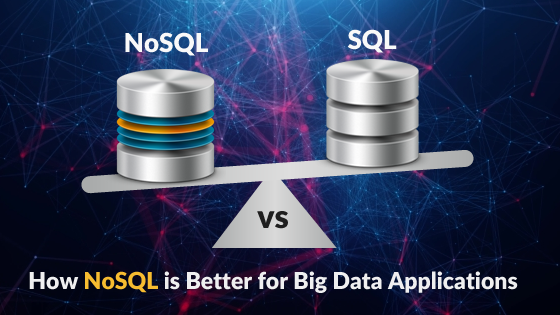
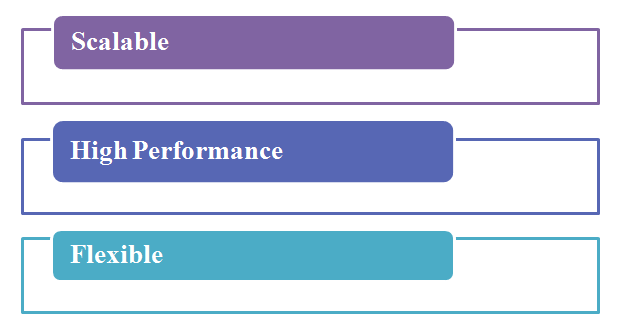
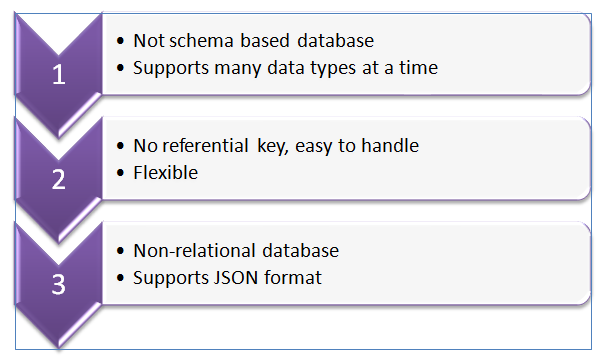
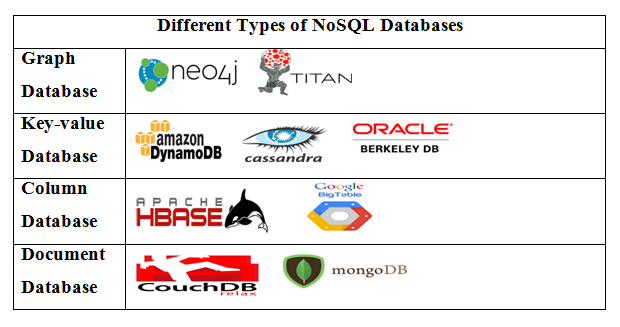
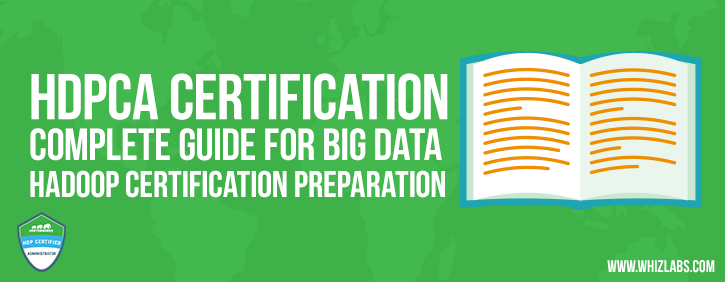
Hello my friend! I want to say that this article is amazing, nice written and include almost all important infos. I would like to look more posts like this .
most of the article says NoSQL is good for real time and huge data processing. Lets assume if I have to process data in real time with very less volume of data i.e. 1 GB per day. then which one is better..Hbase or Hive ??